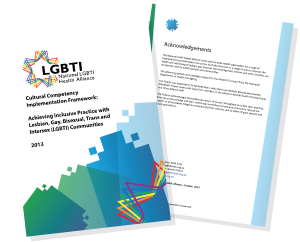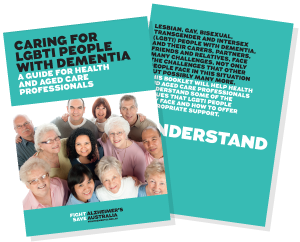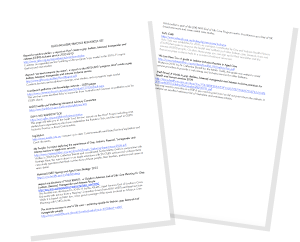Key areas to consider in providing equitable access to inclusive and respectful palliative care services to people who are lesbian, gay, bisexual, transgender and inter-sex include: a welcoming environment, staff education and training, staff-client communication, documentation, referral and resources, and disclosure and confidentiality.
Useful resources

GLBTI-inclusive practice audit for health and human services
Read more
LGBTI Cultural Competency Implementation Framework
Read more
Caring for LGBTI people with dementia
Read more
List of Useful Resources for Inclusive Services for LGBTI People
Read more
Multicultural Multi-faith Communities in Rural Areas
In this episode of Palliative Care Australia's "Thursdays@3" Podcast, Vitor Rocha (Palliative Care Lead with Murray Primary Health Network) discusses palliative care needs for multicultural multi-faith communities in regional areas, with special attention to the issues faced by LGBTQIA+ communities, and the importance of inclusion and diversity in the healthcare system.
Community Resources
View our resources developed for the LGBTQIA+ community.
View Resources